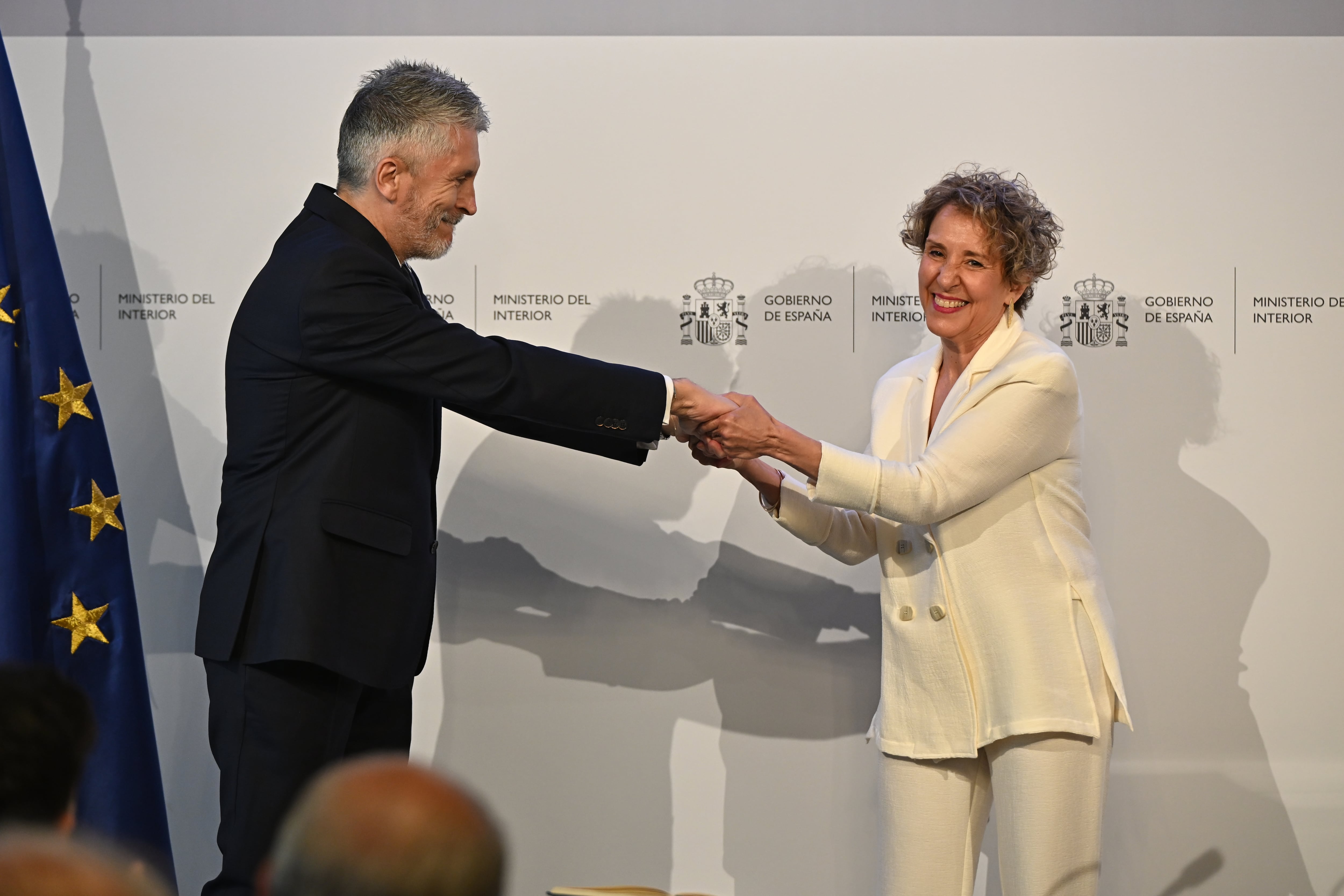Take seriously the dangers of the Omnibus decrees | Opinion

After a first failed attempt, the government has managed to move forward in the Congress of Deputies The Royal Decree Law 1/2025, « By which urgent measures are approved in economic, transport, social security, and to deal with vulnerability situations. » As has already been revealed from different areas, we are facing a regulation that is qualified as buses. It is enough to read the title of the aforementioned law to get a reliable idea about what said term implies: a series of provisions that refer to material areas Very diverse and that little or no connection shows each other. Omnibus, therefore, is synonymous with heterogeneity, thematic dispersion and absence of internal coherence between the different parts that integrate the same normative text. A reading detained for the content of the decree law only confirms that we are facing a mere juxtaposition of regulations, a kind of tailor's drawer in which very varied measures are collected that have been approved by the Executive, protecting themselves in the concurrence of circumstances of extraordinary and urgent need. Based on such premise, we find provisions related to the revaluation of pensions, the extension of transport bonuses, the granting of aid by the recent Dana, as well as those affected by the eruption of the volcano of the island of La Palma, the protection of vulnerable consumers, the suspension during this year of evictions whose object is vulnerable homes or the extension until the end of 2026 Antiopas ”. Special mention deserves The delivery to the PNV of a palace in Paris, acquired by this political force in the thirties of the last century, seized during the Nazi occupation and never recovered. To complete the reference table, it is pertinent to point out that this new decree law has suppressed outstanding content with respect to its immediate predecessor (you deliver them to the Autonomous Communities or the correction of the bank tax) which previously were considered in need of an urgent regulation and now no longer.
It should be clarified that Bus regulations are not exclusive to our legal system, nor is it a new phenomenon. In countries of our environment, similar trends are found and to name two sufficiently illustrative cases, I remember The Bus Law promoted by President Javier Milei Upon arrival to power in Argentina, in which the master lines of their political program were collected. Also, the practices of the Italian system, in which governments resort to profusion decree Bus Law to undertake heterogeneous content regulations and in equally varied contexts.
Focusing in the Spanish case, the phenomenon of non -homogeneous content legislation dates back to the nineties of the twentieth century, when the so -called accompanying laws proliferated, which were discussed and approved at the same time as the budgets. These laws were dedicated to incorporating many provisions in different material areas (fiscal, administrative, social) and were intended to complement the budget regulations. With the arrival of José Luis Rodríguez Zapatero to the Government in 2004 this debatable legislative practice It was voluntarily eradicated by the new executive, echoing the important criticisms that its use raised, both in terms of legal certainty (in question the certainty of law), and from the perspective of respect for the fundamental right of political participation of parliamentarians (since when processing together with the budgets, the margins for the debate were very diminished). The void left by these laws, however, was full very soon for a new and more harmful modality of heterogeneous content laws: buses. As a novelty, these no longer show an immediate link with the budgetary issue, as was the case with their predecessors, which substantially expands their regulatory horizons. And at the same time that these laws, how could it be otherwise, did not take long to break into the legal scenario the decrees buse laws.
In response to the above, the unknown to clear is whether or not this legislative modality has constitutional lace. In this regard, the Constitutional Court has been clear: Bus laws are not prohibited by the Constitution, since there is no provision that imposes a homogeneous content on laws. Consequently, the dispersion of material regulations of these only generates a « legislative technique defect », considered « very advisable », but that in no way generates a vice of unconstitutionality (STC 136/2011). The Court will arrive in a similar conclusion in relation to the decrees Bus laws, although incorporating additional demands: although it considers that the identification of different circumstances of extraordinary and urgent need legitimize the government to collect in a single decree law regulations referred to different material sectors, such operation requires the concurrence of economic or recovery economic contexts, but in any case in need of impulse measures, incentives, incentives, acceleration or reinforcement (STC 199/15). Additionally, the Executive is obliged to expressly identify those different urgent contexts, without going through the high duty, which is required to any decree law whether or not buses, of respecting what is called « meaning connection », that is, the existence of a causal relationship between the urgency in question and the measures approved for its management. Thanks to this demand it is possible to discern, where appropriate, « intruders » that are considered, these, unconstitutional. Applying these requirements to the last decree Omnibus Validado law, it seems clear that, for citing two particularly obvious examples, the revaluation of pensions does not show a direct link with a context of crisis or economic recovery. On the other hand, restitution to the PNV of the Palace in Paris is an example of an intrusive standard manual.
But beyond this case, it is necessary to influence the seriousness of the resource resource of the Omnibus decrees, which causes a serious erosion of the quality of our democratic system. It cannot be forgotten that, by decree law, The Executive occupies the position of the General Courts, using a regulatory power that is equated with the law and that is scheduled to face situations of urgent need, not of mere political convenience, as is practically since the entry into force of the Constitution. Substitution that, otherwise, has a small parliamentary control, given the accused deliberative deficit that shows the process of validation of the decrees laws in Congress. The determining fact is that the expected debate times are extraordinarily reduced, which in cases of buse decrees acquires additional relevance, since it prevents in depth from being in depth its varied content. Something that, according to the Constitutional, is no problem for the exercise of the right of political participation of the deputies.
In reality, the repeated resource to this normative figure shows the existence of a fragmented political system in which the parliamentary majority of government support suffers from homogeneity. In such circumstances, the decrees Bus Laws allow to move forward in a single and poor debate before Congress a battery of measures that, otherwise, would require the approval of different laws (with the corresponding validations) or the activation of the legislative procedures in the Parliament.
I do not share, therefore, the perception that bun decrees are an expression of a mere legislative technique defect. For this reason, I conclude by remembering the accurate reflections collected by the particular vote to the STC 199/15 signed by magistrate Adela Asa and the magistrates Fernando Valdés and Juan Antonio Xiol: “The dire consequence is the relegation of the legislative power to a passive, secondary and diminished role, to the detriment of the representative principle, the democratic quality and, in the words of the preamble of the preamble of the Constitution, in the words Rule of law that ensures the empire of the law as an expression of popular will. ”








